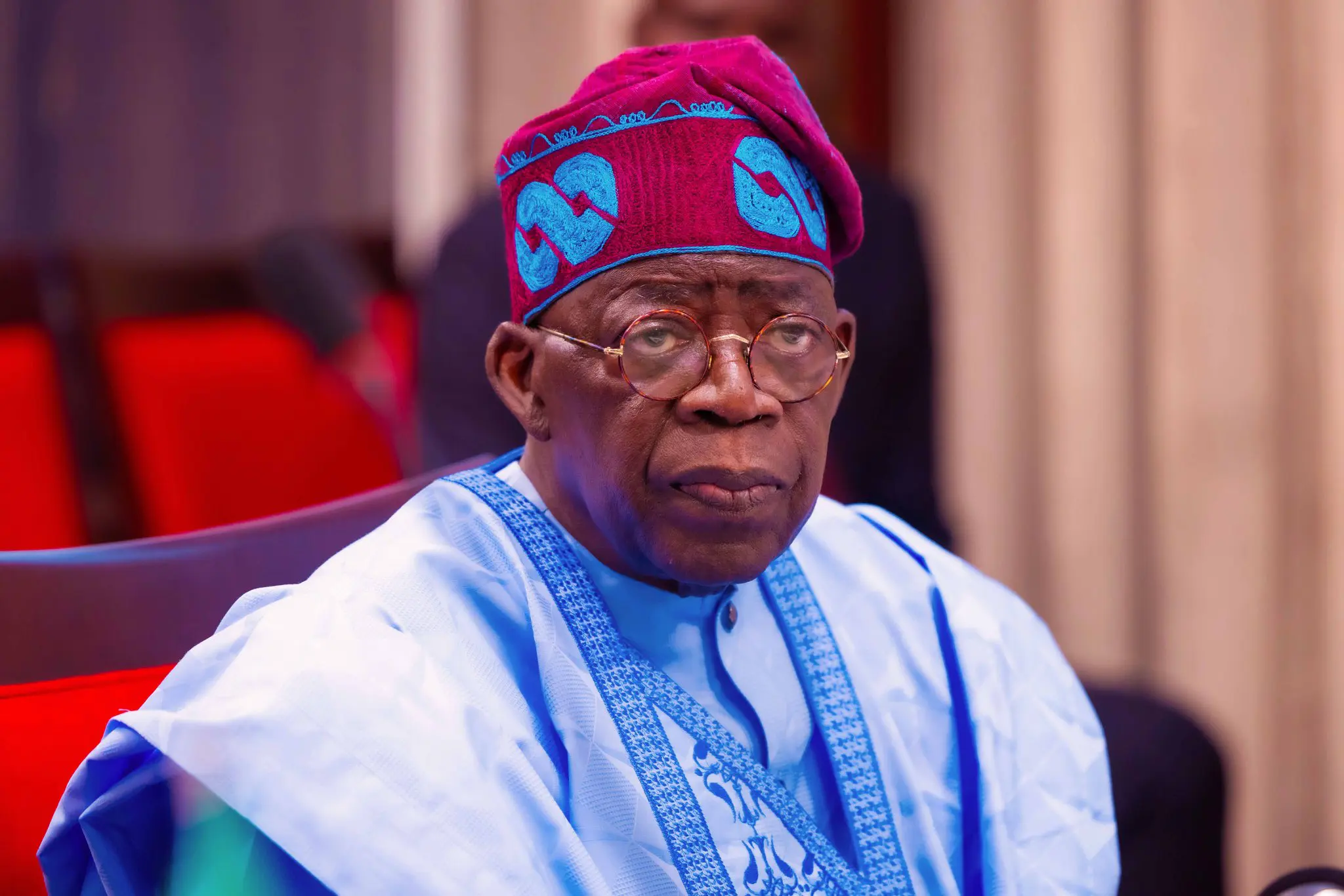The Federal Ministry of Arts, Culture, and Creative Economy in Nigeria has set aside a significant sum of N3.7 billion for “research and development” activities. This allocation is part of the larger 2024 national budget totaling N28.7 trillion, which was signed into law by President Bola Tinubu earlier in the year. The budget increase, from an initial proposal of N27.5 trillion, sparked public debate, with allegations of padding by Senator Abdul Ningi.
The creation of the Ministry of Arts, Culture, and Creative Economy by President Tinubu represents a focused effort to elevate these sectors’ importance within the government’s agenda. Additionally, specific allocations within the budget highlight targeted investments in infrastructure and promotional activities. For instance, N160 million is earmarked for constructing a skill acquisition center for art and craft in Musawa Local Government Area (LGA) of Katsina State, while N290 million is allocated for solar street light construction in the same area, which happens to be the Minister’s home region.
Furthermore, the budget includes allocations for international engagements, such as N98 million for a “Nigerian pavilion” at the Cannes Film Festival in France and N150 million for the ministry’s information desk at the Abuja International Airport. These initiatives underscore efforts to promote Nigerian arts and culture on the global stage.
However, scrutiny has arisen regarding the overall efficiency and cost of governance under President Tinubu’s administration. Dr. Muktar Alkali of the Centre for Transparency and Accountability expressed disappointment, citing inefficiencies and high governance costs within some government agencies. This sentiment reflects broader concerns about the need for accountability and transparency in public spending, particularly in sectors crucial for national development.
In summary, while the allocation of funds for research and development in arts, culture, and creative economy sectors demonstrates a commitment to fostering innovation and growth, ongoing scrutiny of governance practices is essential to ensure effective utilization of resources for the benefit of Nigerian society.

